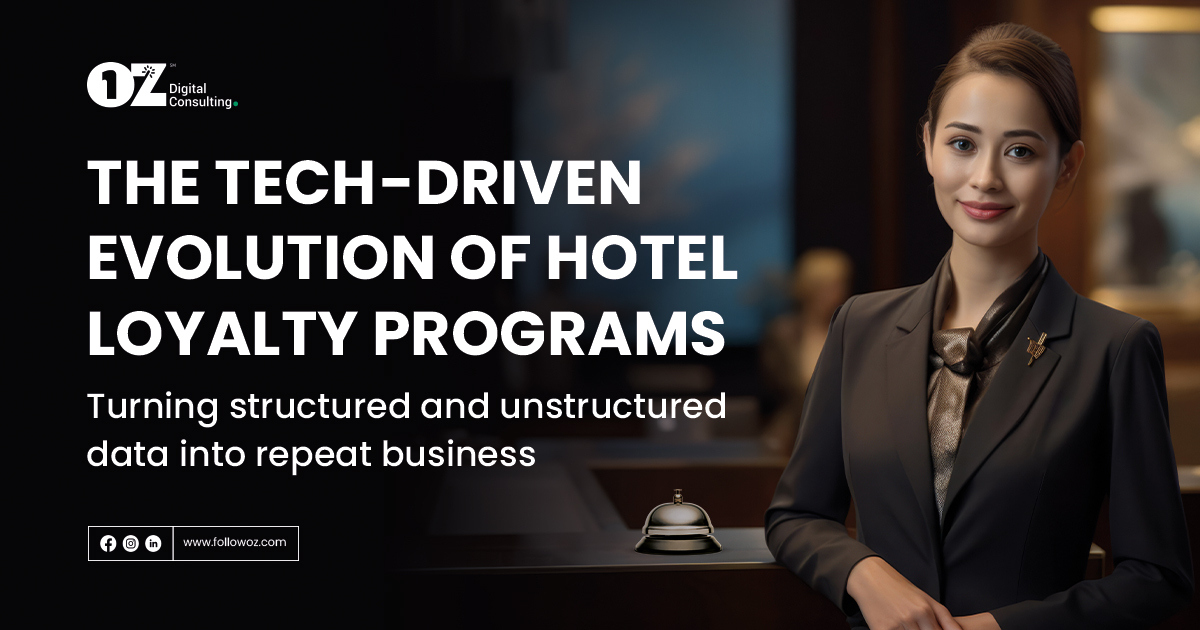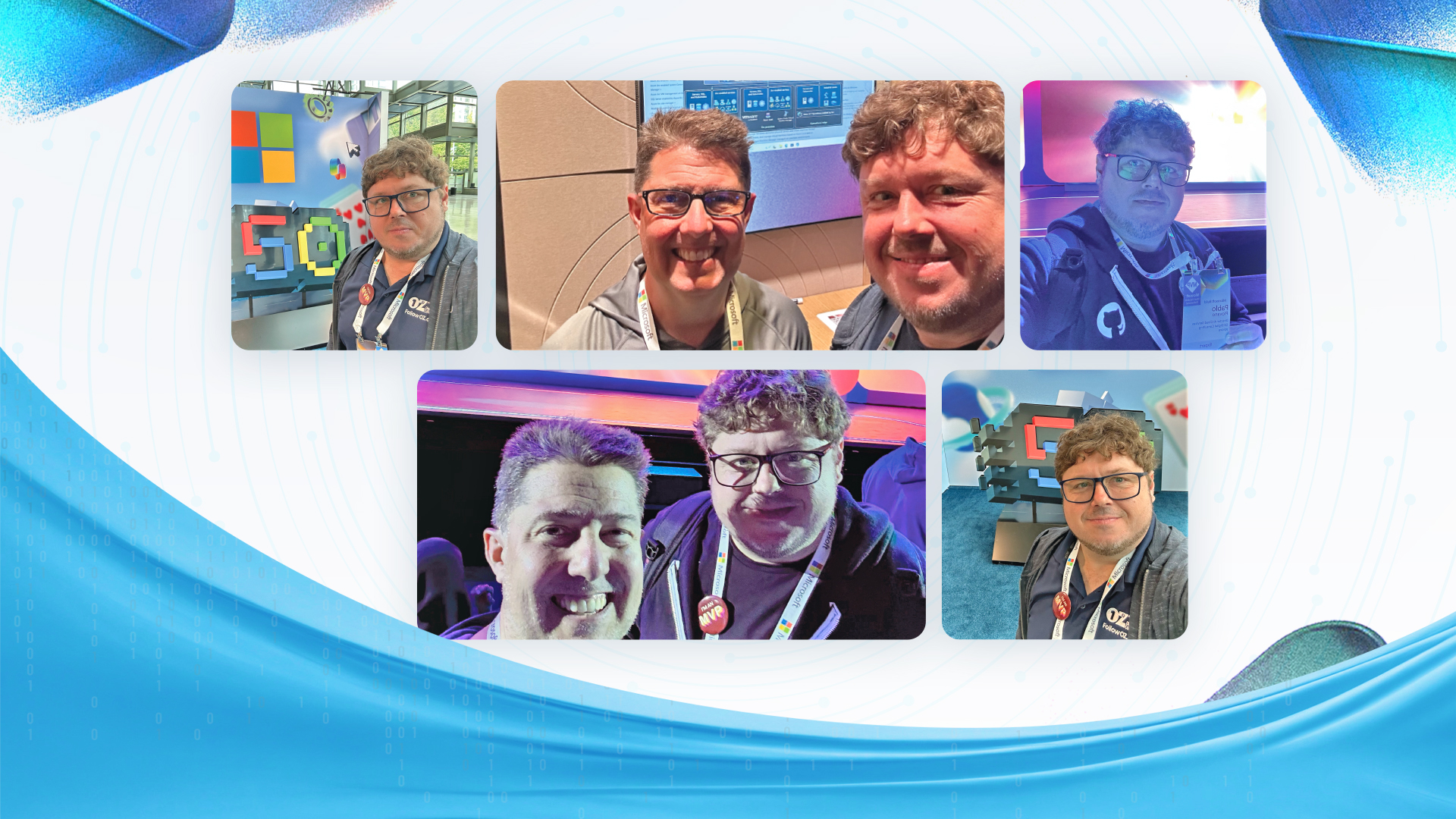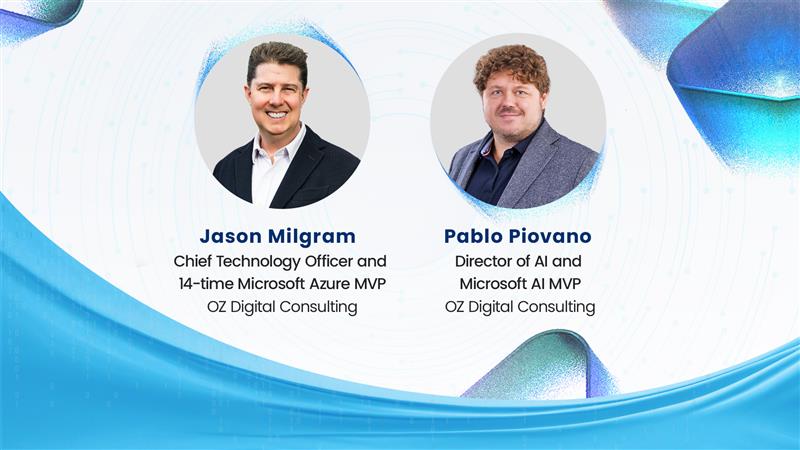In today’s digital-driven hospitality market, forming a lasting bond with guests has transcended beyond merely offering a bed for the night. The hotel loyalty program has matured into a sophisticated, experience-driven model at the heart of this evolving relationship.
The Evolution of Guest Expectations
Today, travelers weave intricate narratives with their actions. Every swipe, click, and review serves as digital “breadcrumbs,” hinting at their preferences and desires. As technology advances, these modern voyagers no longer settle for just a loyalty card.
They hunger for experiences finely tuned to their unique tastes, expecting real-time responsiveness and a flawless digital interface throughout their journey. This expectation shift drives hotels to tap into the vast data and insights available, heralding a transformative era for loyalty programs.
Mining Data: Unraveling the Guest Psyche
Hotels actively delve into multifaceted datasets to unlock the secrets of guest preferences in the bustling digital realm of the hospitality industry.
They scour through reservation systems to track patterns in booking behaviors—identifying peak booking times, commonly chosen room types, and seasonal tastes.
They scrutinize point-of-sale (POS) systems to understand guest spending habits, revealing preferences for dining options, spa services, and on-site recreational activities.
Beyond these structured datasets, hotels explore uncharted territories of unstructured data—poring over feedback forms, guest surveys, and online reviews. Advanced tools and algorithms sift through this raw data, pinpointing recurring phrases or sentiments highlighting guests’ likes and dislikes.
Guest interactions on hotel websites and mobile apps offer yet another treasure trove. Hotels analyze clicks, page views, and navigation patterns to discern which services or offers capture guests’ attention the most.
Even seemingly trivial details—like how long a guest lingers on the spa page or the types of images they zoom into—provide invaluable insights.
As hotels weave together these intricate data threads, they create a holistic picture of the modern traveler.
Each data point, from a reservation system or a guest review, contributes to a richer understanding of what guests genuinely desire.
And as they harness this knowledge, hotels stand poised to predict and cater to these desires, setting the stage for unparalleled personalization in the subsequent guest journey stages.
The Magic of Machine Learning
With the treasure trove of insights gleaned from varied datasets, hotels are now harnessing the power of machine learning to carve out actionable strategies.
Utilizing algorithms that train on past guest behaviors, they analyze key touchpoints from the guest’s journey. This could range from their interactions on the hotel website, to preferences in room amenities, to their dining choices. These algorithms then craft predictive models that intuitively respond to potential guest needs.
For instance, if a guest frequently browses the spa section on the hotel’s app after attending business meetings, the system can recommend a curated post-conference spa package, anticipating and catering to the guest’s relaxation needs before they even vocalize them.
Deep Learning: The Next Level of Personalization
Machine learning offers a broad understanding for hoteliers, but deep learning digs into the granular intricacies of guest preferences. By simulating neural networks akin to the human brain, deep learning comprehends the subtle nuances and patterns in guest behavior and preferences.
It’s the difference between knowing a guest likes red wine and discerning that they have a penchant for a medium-bodied Malbec from Argentina paired with a hearty steak on a chilly winter evening.
Such profound insights empower hotels to create highly personalized experiences, turning a regular stay into unforgettable memories.
NLP: Decoding Guest Sentiments
The power of a word can never be underestimated, especially in the age of online reviews. Through Natural Language Processing (NLP), hotels are adeptly parsing through sentences, identifying sentiments, and translating them into tangible offerings.
If a surge in mentions highlights the “mango cheesecake” as a standout dessert, it’s an unmistakable cue for the hotel to spotlight it in its menu or craft a dessert-themed loyalty incentive.
AI Ethics: Navigating the Thin Line
The allure of technology comes with its own set of responsibilities. While delving deep into guest preferences enriches their experience, it’s paramount for hotels to remain vigilant about data privacy.
Prioritizing ethical AI practices and adhering to global data protection regulations aligns with legal frameworks and fortifies a hotel’s image as a conscientious and guest-focused brand.
The Business Lens: Quantifying Outcomes
Beyond the intricacies of technology and personalization lies the tangible impact on a hotel’s bottom line. For stakeholders, the ROI of tech-infused loyalty programs becomes a crucial barometer of success.
These revamped programs have the potential to reshape hotel metrics, from prolonging the average guest’s stay to amplifying revenue from supplementary services.
Crafting Journeys, Not Just Stays
The future beckons hotels to a world where technology and human touch seamlessly merge. It’s about offering a room, an experience, a journey, and most importantly, a memory.
By leveraging the best technology, hotels can craft unparalleled guest journeys, fostering loyalty beyond mere points and rewards.
Looking to harness the power of technology for your hotel’s loyalty program? Our Senior Vice President of Data Analytics and AI, Sal Cardozo, is here to guide you with expert industry insights to elevate your success.



